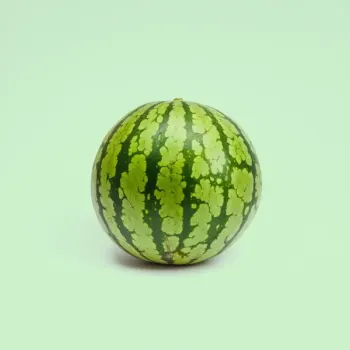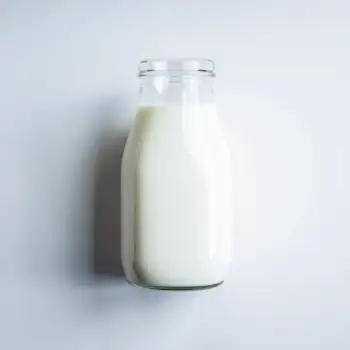Water is a neutral, calorie-free liquid used in cooking to hydrate and blend flavors without altering them. Milk is a nutrient-rich liquid adding creaminess, richness, and a tenderizing effect to dishes, enhancing both flavor and texture in culinary creations.

Water is a versatile and essential ingredient in cooking, providing hydration, affecting texture, and serving as the base for countless recipes. It's a neutral liquid that can dilute flavors or help them come together.

Milk, on the other hand, is a rich emulsion of water, fat, and protein. It adds creaminess, richness, and nutritional value to dishes, contributing to both the flavor and texture of your culinary creations.
While water is flavorless and calorie-free, milk is nutrient-dense, providing a sweet and creamy flavor. The fat and proteins in milk can thicken a sauce or tenderize baked goods, while water is often used to cook or steam without altering flavor.

Your ultimate Recipe Box, Meal Planner, and Cooking Class all in one
In bread recipes, water is often favored for creating a crisp crust and airy crumb. It's also used in recipes where other ingredients provide the dominant flavors. Milk is used in baking for its tenderizing effect on doughs and batters, such as in cakes and pastries, where it contributes to a soft, rich texture and a golden-brown crust.
Water is perfect for light, brothy soups where the focus is on the clarity of flavor, such as in consommés or vegetable soups. Milk shines in creamy soups and white sauces, adding body and richness. It forms the base of bechamel and can make a simple soup more satiating.
Water is the traditional base for teas and coffees, allowing the pure flavors of the beverage to be enjoyed without additional richness. Milk is used in lattes, cappuccinos, and hot chocolate for a creamy texture and to balance bitterness with its natural sweetness.
Substituting milk for water will add creaminess and richness to a recipe but can also affect the structure, especially in baking. Conversely, using water in place of milk can lighten a dish but may also reduce its flavor complexity and texture.
Water is calorie-free and hydrating, while milk provides essential nutrients like calcium, vitamin D, and protein.
| Nutrient | Milk ( per Cup ) | Water ( per Cup ) |
|---|---|---|
| Fat | 4.8g | 0g |
| Sodium | 100mg | 0mg |
| Calcium | 300mg | 0mg |
| Protein | 8g | 0g |
| Calories | 122 | 0 |
| Carbohydrates | 12g | 0g |